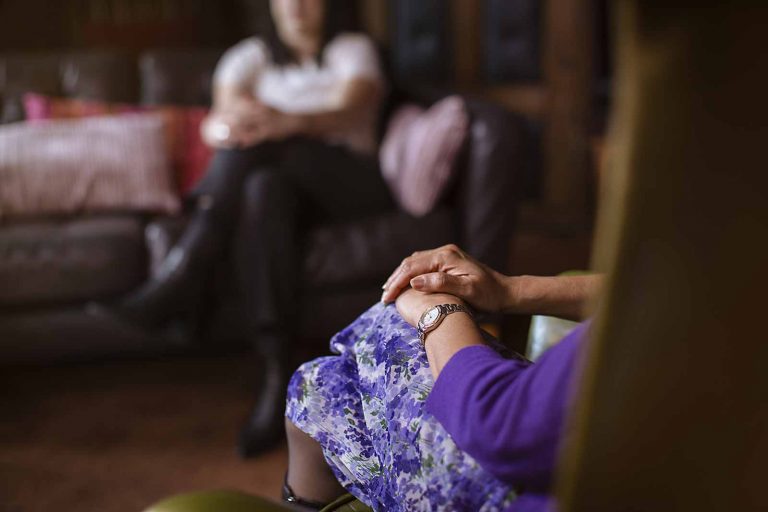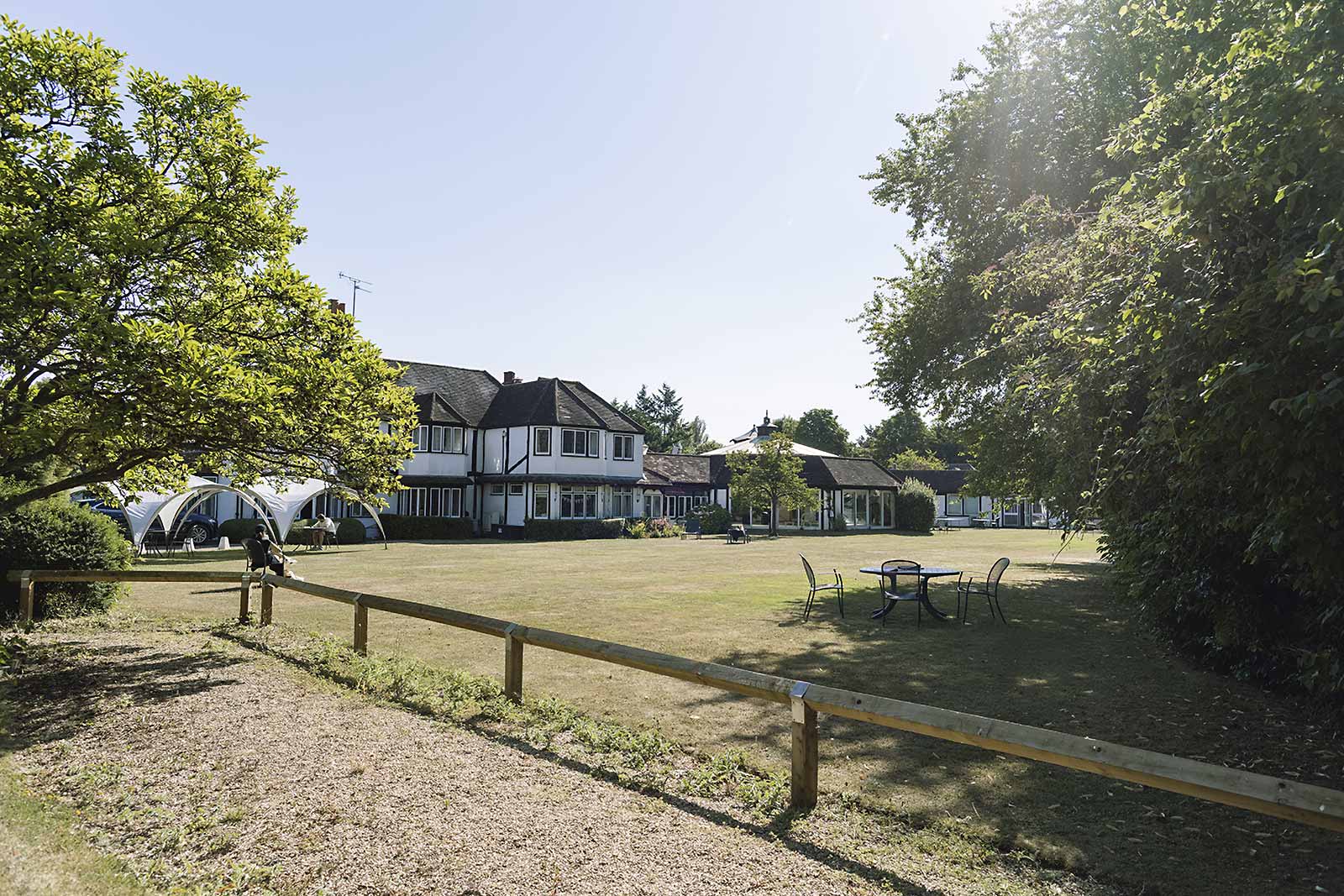Behavioural Disorders
What is problem behaviour?
Problem behaviours are those behaviours which are not considered typically acceptable. Problem behaviour follows a consistent pattern and can vary in terms of severity and can be present in adults and children. If left untreated they can result in problems holding down a job and maintaining personal relationships.
There are different types of behavioural disorders and they can be put into groups:
- Anxiety Disorders
- Disruptive Behavioural Disorders
- Dissociative Disorders
- Emotional Disorders
- Pervasive Developmental Disorders
Problem behaviour can have many symptoms.
Symptoms of behavioural disorders
- Abuse of alcohol or drugs
- Angry and defiant behaviours
- Hoarding useless objects
- Excessive and disruptive talking
- Inappropriate behaviour
Causes of behavioural disorders
The cause of problem behaviour can stem from a life event or family situation.There are common mental health conditions that are linked to behaviour, here are some examples:
- Anxiety Disorder
- Attention Deficit Hyperactvity Disorder (ADHD)
- Depression
- Obsessive Compulsive Disorder (OCD)
- Post Traumatic Stress Disorder (PTSD)
- Dementia
Some problem behaviours have a genetic link although you can still have a behavioural problem without there being a family link.
People with behavioural problems may feel different from others it can be as if they don’t fit in. Some have emotions that they don’t understand and this can lead to frustration, and in turn, more problem behaviour.
For any patient to benefit you need identify the cause before you can treat the problem.
Treatments for behavioural disorders
Following an initial assessment with a psychiatrist they will be able to give a diagnosis and discuss a care plan with you. This could include prescribing medication. Sometimes, further testing will be required and you will advised of what this involves and the costs.
Treatments for behavioural problems can include conflict resolution therapy, psychological therapy or group therapy.




Medication for behavioural disorders
There are medications available to treat behavioural disorders but these will vary depending on the specific disorder. Your psychiatrist will discuss the options with you once you have a diagnosis.
Therapy approach for behavioural disorders
Until the cause has been diagnosed it is not possible to treat the behaviour. In most cases, psychological therapy is shown to improve the symptoms as it looks to teach you coping mechanisms and understanding of the triggers for the behaviour.
Outcomes
The sooner you seek help, the reasons for the problems can be identified and we can work with you to address the behaviour so it no longer impacts on your daily life.
We're here to help you
Call Cardinal Clinic on 01753 910729
Or refer yourself for care, make an enquiry
or arrange a free nurse consultation via our
help hub.
A calm environment dedicated to your care
Rated ‘Outstanding’ for care and overall ‘Good’ by the Care Quality Commission, Cardinal Clinic works tirelessly to offer an elevated patient experience from exquisite and fresh chef-prepared meals, to comfortable and relaxing accommodations. Situated in a private estate in the heart of Windsor’s green belt, residential in-patient care, day care and out-patient services are offered.


